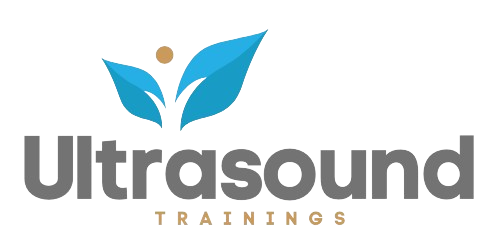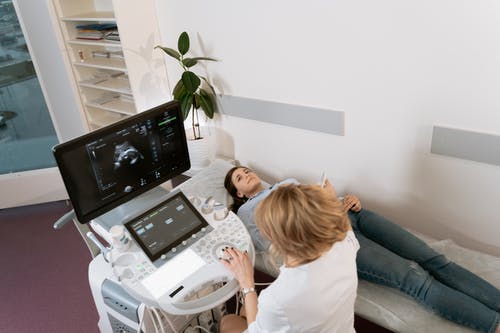Continuing Ultrasound Education
In the ever-evolving world of healthcare, continuous training is a must for professionals to keep up with the latest developments, hone their skills, and provide the best patient care possible. This is especially true for ultrasound professionals, who are constantly learning and adapting to the latest technology and techniques. In this blog, we’ll explore the many advantages of continuing ultrasound training and why it’s the foundation of diagnostic imaging excellence.

Staying Current with Technology Advancements:
-
- Continuing ultrasound education ensures practitioners remain knowledgeable about the latest technological advancements in ultrasound imaging equipment and software
- Understanding and leveraging cutting-edge technology allows practitioners to enhance diagnostic capabilities, improve imaging quality, and provide more accurate assessments for patient care.
Refining Scanning Techniques and Interpretation Skills:
-
- Regular ultrasound education provides opportunities for practitioners to refine their scanning techniques and interpretation skills.
- Ongoing training allows practitioners to stay proficient in image acquisition, optimize settings for various clinical scenarios, and accurately interpret complex ultrasound findings.
Expanding Clinical Knowledge and Specialization:
-
- Continuing ultrasound education offers opportunities to expand clinical knowledge and specialize in specific areas of ultrasound imaging, such as obstetrics, gynecology, cardiology, or musculoskeletal imaging.
- Advanced courses and workshops provide in-depth exploration of specialized topics, enabling practitioners to deepen their expertise and offer specialized services to patients.
Enhancing Patient Care and Outcomes:
The knowledge and skills gained through continuing ultrasound education directly translate to enhanced patient care and improved outcomes.
Practitioners equipped with updated knowledge and techniques can provide more accurate diagnoses, timely interventions, and personalized treatment plans, leading to better patient experiences and outcomes.
Maintaining Compliance and Accreditation:
-
- Many healthcare facilities and regulatory bodies require ultrasound practitioners to maintain ongoing education and certification to ensure compliance with standards of practice and accreditation requirements.
- Continuing ultrasound education ensures practitioners meet these requirements, allowing healthcare facilities to maintain accreditation status and uphold quality standards in diagnostic imaging services.
Networking and Professional Growth:
-
- Continuing ultrasound education provides opportunities for networking with peers, experts, and thought leaders in the field.
- Collaborating with colleagues and participating in educational events fosters professional growth, facilitates knowledge exchange, and promotes a sense of community within the ultrasound community.
Adapting to Evolving Healthcare Trends:
-
- Continuing ultrasound education enables practitioners to adapt to evolving healthcare trends, such as the increasing demand for point-of-care ultrasound (POCUS) and the integration of artificial intelligence (AI) into diagnostic imaging workflows.
- Staying informed about emerging trends and best practices ensures practitioners remain agile and prepared to meet the evolving needs of patients and healthcare systems.
Continuing ultrasound education is not just a professional obligation but a vital investment in delivering high-quality patient care and advancing the field of diagnostic imaging. By staying current with technology, refining skills, expanding knowledge, enhancing patient care, maintaining compliance, networking, and adapting to evolving trends, ultrasound practitioners can elevate their expertise and make a meaningful impact on healthcare outcomes.


